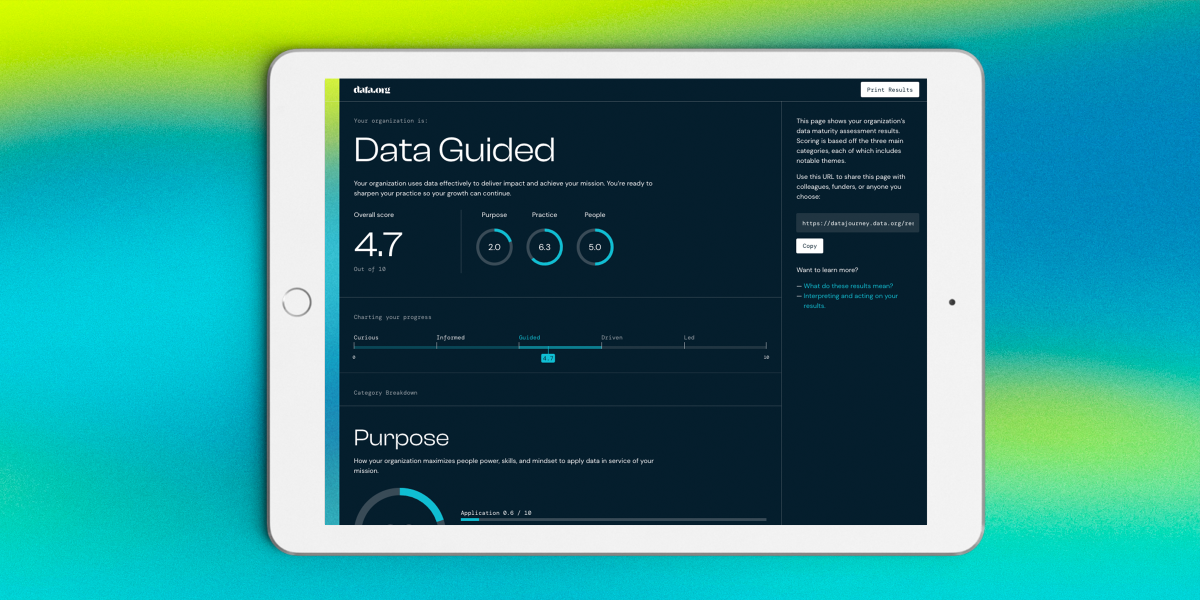Report by Bosco, C., Grubanov-Boskovic, S., Iacus, S., Minora, U., Sermi, F. and Spyratos, S.: “With the consolidation of the culture of evidence-based policymaking, the availability of data has become central for policymakers. Nowadays, innovative data sources have offered opportunity to describe more accurately demographic, mobility- and migration- related phenomena by making available large volumes of real-time and spatially detailed data. At the same time, however, data innovation has brought up new challenges (ethics, privacy, data governance models, data quality) for citizens, statistical offices, policymakers and the private sector.
Focusing on the fields of demography, mobility and migration studies, the aim of this report is to assess the current state of utilisation of data innovation in the scientific literature as well as to identify areas in which data innovation has the most concrete potential for policymaking. For that purpose, this study has reviewed more than 300 articles and scientific reports, as well as numerous tools, that employed non-traditional data sources for demographic, human mobility or migration research.The specific findings of our report contribute to a discussion on a) how innovative data is used in respect to traditional data sources; b) domains in which innovative data have the highest potential to contribute to policymaking; c) prospects for an innovative data transition towards systematic contribution to official statistics and policymaking…(More)”. See also Big Data for Migration Alliance.


